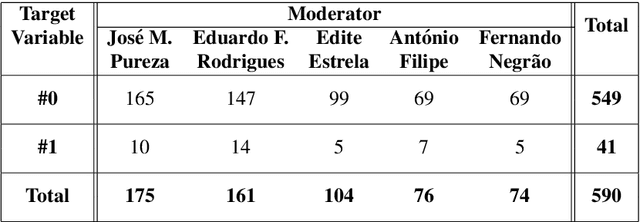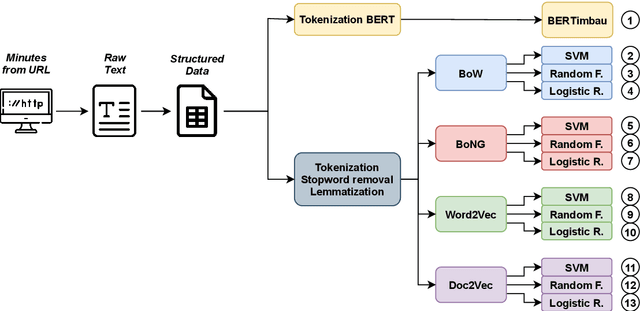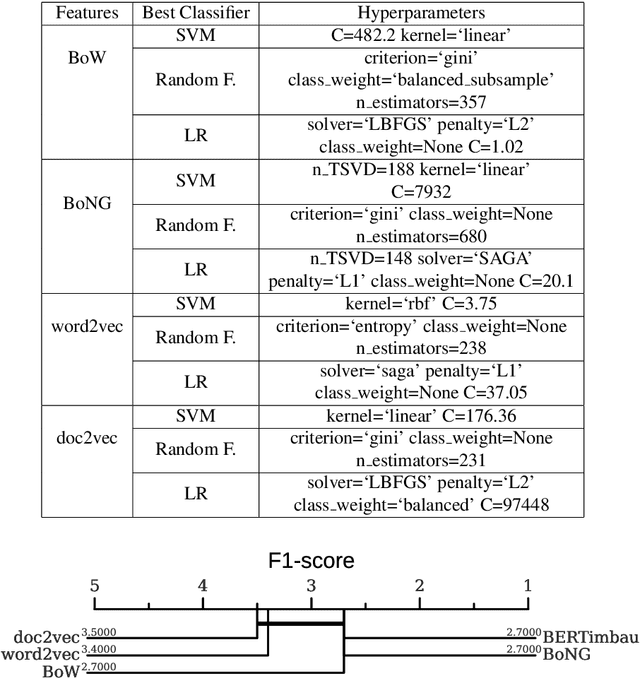Bruno Miguel Veloso
ZeroBERTo -- Leveraging Zero-Shot Text Classification by Topic Modeling
Jan 04, 2022


Abstract:Traditional text classification approaches often require a good amount of labeled data, which is difficult to obtain, especially in restricted domains or less widespread languages. This lack of labeled data has led to the rise of low-resource methods, that assume low data availability in natural language processing. Among them, zero-shot learning stands out, which consists of learning a classifier without any previously labeled data. The best results reported with this approach use language models such as Transformers, but fall into two problems: high execution time and inability to handle long texts as input. This paper proposes a new model, ZeroBERTo, which leverages an unsupervised clustering step to obtain a compressed data representation before the classification task. We show that ZeroBERTo has better performance for long inputs and shorter execution time, outperforming XLM-R by about 12% in the F1 score in the FolhaUOL dataset. Keywords: Low-Resource NLP, Unlabeled data, Zero-Shot Learning, Topic Modeling, Transformers.
DEBACER: a method for slicing moderated debates
Dec 10, 2021



Abstract:Subjects change frequently in moderated debates with several participants, such as in parliamentary sessions, electoral debates, and trials. Partitioning a debate into blocks with the same subject is essential for understanding. Often a moderator is responsible for defining when a new block begins so that the task of automatically partitioning a moderated debate can focus solely on the moderator's behavior. In this paper, we (i) propose a new algorithm, DEBACER, which partitions moderated debates; (ii) carry out a comparative study between conventional and BERTimbau pipelines; and (iii) validate DEBACER applying it to the minutes of the Assembly of the Republic of Portugal. Our results show the effectiveness of DEBACER. Keywords: Natural Language Processing, Political Documents, Spoken Text Processing, Speech Split, Dialogue Partitioning.
* Accepted on The 18th National Meeting on Artificial and Computational Intelligence (ENIAC 2021)
 Add to Chrome
Add to Chrome Add to Firefox
Add to Firefox Add to Edge
Add to Edge